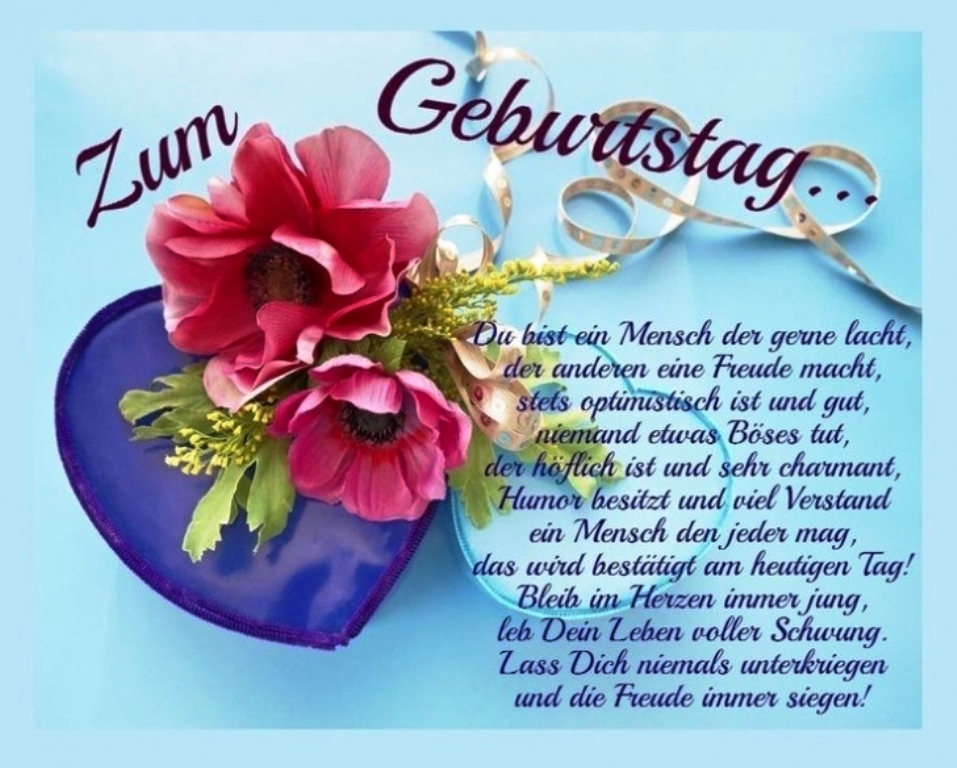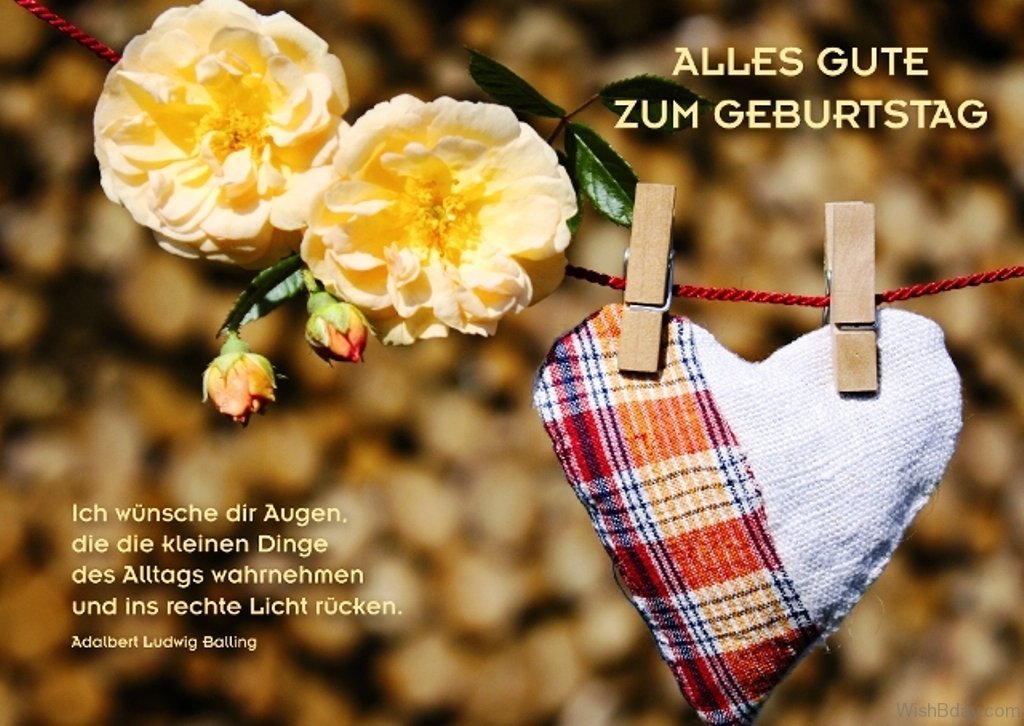"Zum Geburtstag" in English: Exploring the Nuances of German Birthday Greetings
Verwandte Artikel: "Zum Geburtstag" in English: Exploring the Nuances of German Birthday Greetings
Einführung
Mit großer Freude werden wir uns mit das faszinierende Thema rund um "Zum Geburtstag" in English: Exploring the Nuances of German Birthday Greetings vertiefen. Lassen Sie uns interessante Informationen zusammenfügen und den Lesern frische Perspektiven bieten.
Table of Content
"Zum Geburtstag" in English: Exploring the Nuances of German Birthday Greetings

The German phrase "zum Geburtstag" directly translates to "for the birthday" in English, but its use extends far beyond a literal interpretation. It encapsulates a deep-rooted cultural tradition of celebrating birthdays, emphasizing the importance of acknowledging and wishing well for the individual on their special day.
Understanding the Contextual Usage
While "Happy Birthday" is the most common English equivalent, "zum Geburtstag" carries a slightly more formal and nuanced tone. It is often used in written greetings, such as on birthday cards or in formal emails, but can also be used in spoken language, particularly in situations where a more respectful and heartfelt expression is desired.
Beyond the Literal Translation
The phrase "zum Geburtstag" transcends a simple wish. It signifies a shared sentiment of joy and appreciation for the person celebrating their birthday. It conveys the desire for them to experience a day filled with happiness, love, and meaningful moments.
Examining the Cultural Significance
In German culture, birthdays are significant occasions celebrated with family and friends. "Zum Geburtstag" reflects this importance, serving as a customary greeting that underscores the value placed on celebrating life’s milestones.
The Importance of "zum Geburtstag" in Modern Communication
Despite the increasing prevalence of English in modern communication, "zum Geburtstag" remains an integral part of German birthday greetings. It preserves a unique cultural tradition, offering a nuanced and heartfelt way to express well wishes.
Frequently Asked Questions
Q: What is the appropriate way to use "zum Geburtstag" in English?
A: While "Happy Birthday" remains the standard greeting, "zum Geburtstag" can be used in written greetings, particularly in formal settings, or in spoken language when a more formal and heartfelt tone is desired.
Q: Are there any specific phrases that can be used alongside "zum Geburtstag"?
A: Yes, common phrases include "Alles Gute zum Geburtstag" (all the best for your birthday), "Herzlichen Glückwunsch zum Geburtstag" (hearty congratulations for your birthday), or simply "Happy Birthday."
Q: Is it appropriate to use "zum Geburtstag" in English-speaking environments?
A: While "zum Geburtstag" is primarily a German phrase, it can be used in English-speaking environments to add a touch of cultural flair or when communicating with German speakers. However, it’s essential to be mindful of the context and audience.
Tips for Using "zum Geburtstag" Effectively
- Context is key: Consider the formality of the situation and the relationship with the recipient.
- Combine with other phrases: "Alles Gute zum Geburtstag" or "Herzlichen Glückwunsch zum Geburtstag" can enhance the sentiment.
- Use with caution in English-speaking environments: Ensure the recipient understands the meaning and appreciates the cultural gesture.
Conclusion
"Zum Geburtstag" is more than a simple translation of "Happy Birthday." It embodies a cultural tradition of celebrating life’s milestones and expressing heartfelt wishes. While "Happy Birthday" remains the common English equivalent, "zum Geburtstag" offers a nuanced and culturally significant alternative, particularly in written greetings or formal settings. By understanding its meaning and context, we can appreciate the richness of cultural expressions and the power of language to convey deep emotions.








Abschluss
Daher hoffen wir, dass dieser Artikel wertvolle Einblicke in "Zum Geburtstag" in English: Exploring the Nuances of German Birthday Greetings bietet. Wir danken Ihnen, dass Sie sich die Zeit genommen haben, diesen Artikel zu lesen. Bis zum nächsten Artikel!